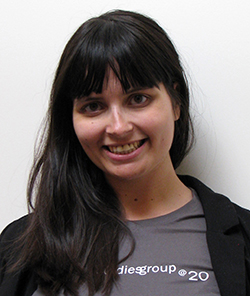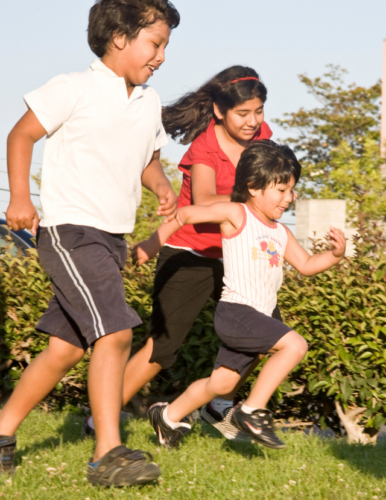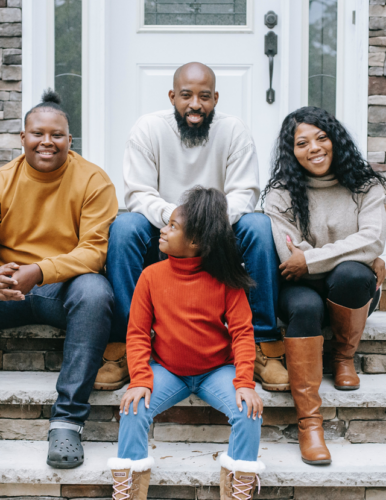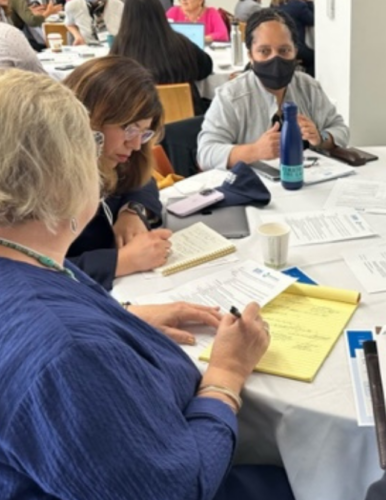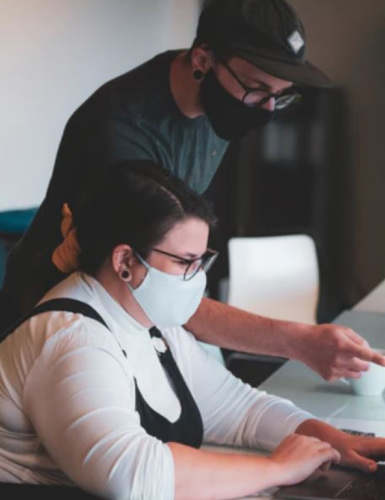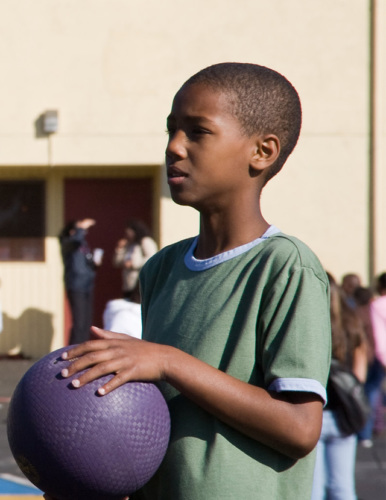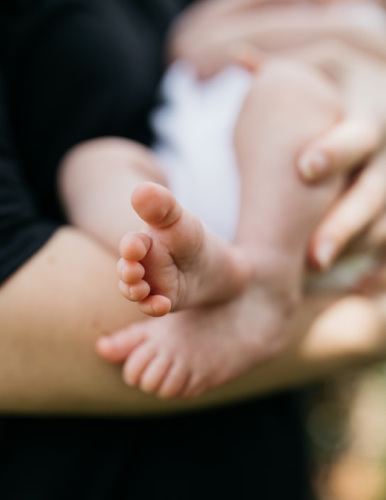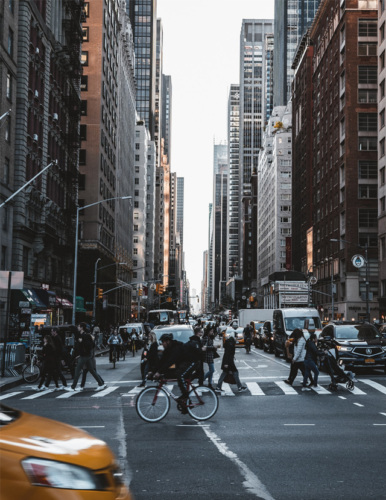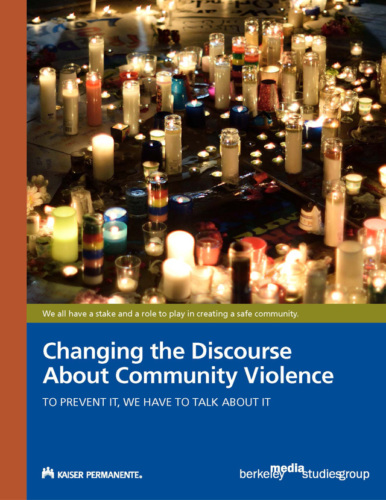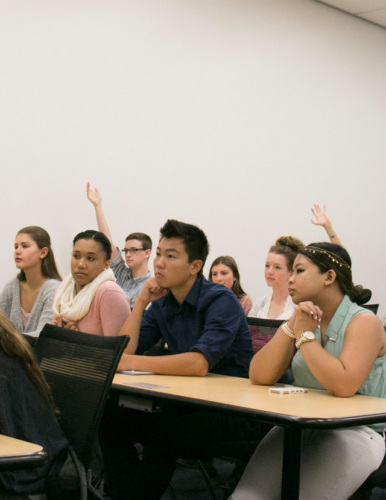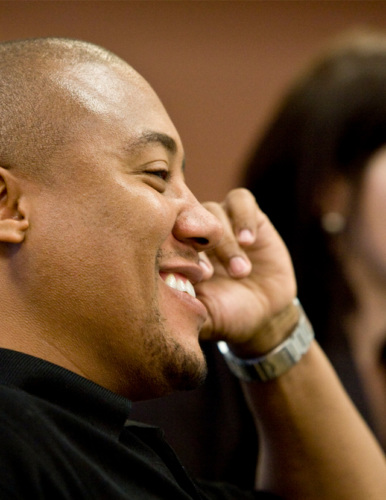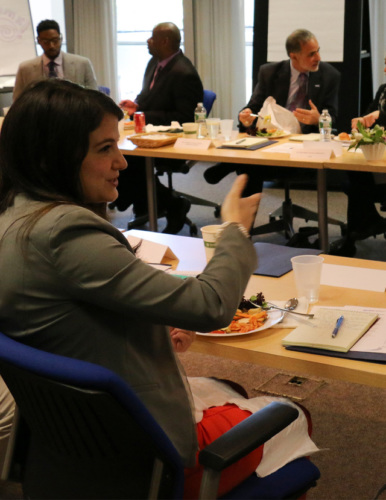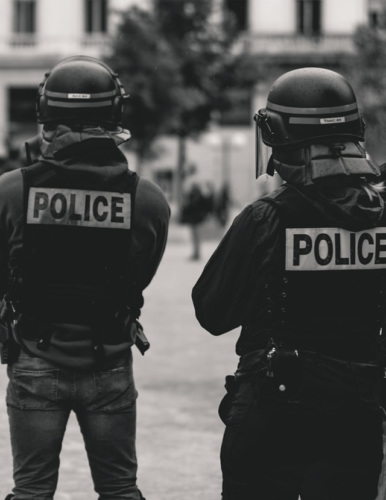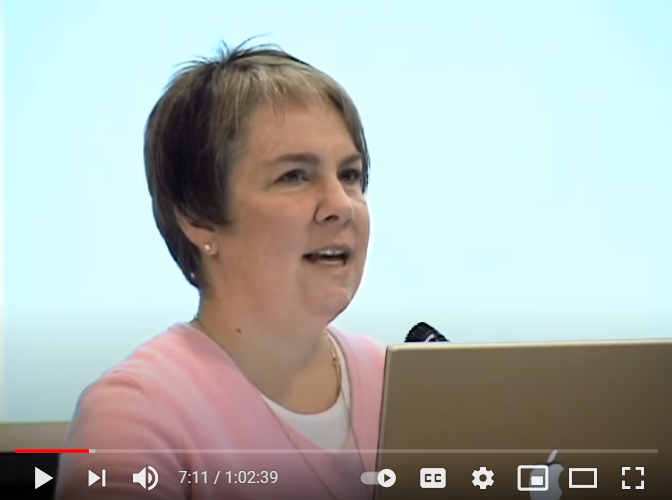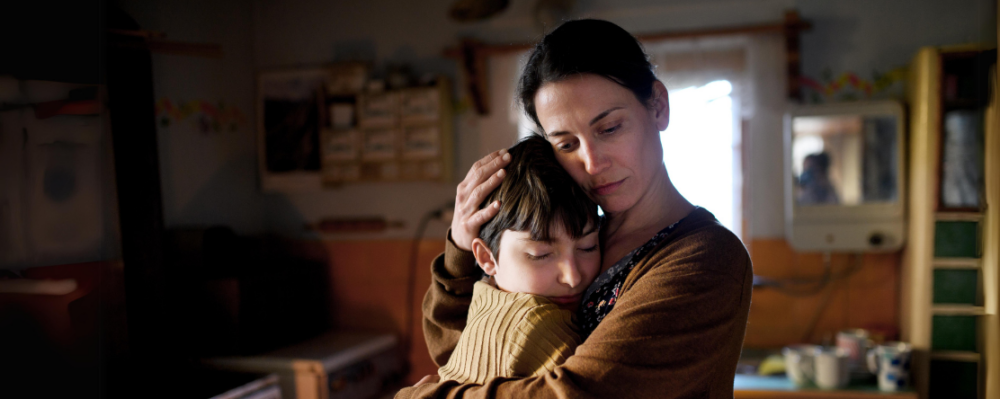
Berkeley Media Studies Group

BMSG is dedicated to expanding advocates’ ability to improve the systems and structures that determine health and accelerate movement toward racial and health equity. BMSG has extensive experience in research, training, and technical assistance related to communicating about challenging social, political, and economic issues, that shape health.
-
Focus Areas
Alcohol, Tobacco, Drugs & Mental Health, Capacity Building & Leadership, Chronic Disease Prevention, Healthy Communities -
Issues
Adverse Childhood Experiences, Alcohol, Mental Health, Nutrition & Food Security, Violence Prevention -
Expertise
Media Advocacy & Communications, Technical Assistance -
Strategic Initiatives
COVID-19, Vaccine Access & Equity
Projects
Active Projects
- Preparing a Comprehensive Guide for Advocates in Making the Case for Park and Green Space Equity
-
The goal of this project is to build narrative power among park equity advocates and organizers. One outcome will be a comprehensive guide for changing the narrative on park equity, a BMSG Yellow Book. BMSG's goal for the long term is that the new narratives emerging from this process will shape understanding among advocates from local or national organizations, organizers, residents, researchers, park agencies, decision makers, and others interested in parks and green space. The Yellow Book will provide guidance for communicating about the policies and procedures for creating parks and green space that are inclusive and responsive to community needs.
- Changing Mindsets on Government Anti-Hunger Programs
-
The turmoil of 2020 — from the global pandemic to a national racial reckoning — brought crises to every corner of our nation, but some communities felt the hardship more than others. For example, the pandemic spurred a surge in hunger and food insecurity as children lost access to the National School Lunch Program, families faced eviction, and unemployment and housing insecurity skyrocketed. Ultimately, after long-delayed progress and heightened politicization of hunger, the pandemic forced lawmakers to expand food assistance programs to meet the pressing need, driven in part by news stories of cars snaking through parking lots to get a box of food.
To gain a deeper understanding of how pandemic-motivated federal nutrition program changes may have influenced decision-makers’ mindsets, BMSG and the Collaborative on Media and Messaging for Health and Social Policy Team analyzed coverage from the print, digital, and broadcast news media, which play a powerful role in setting policy agendas. Our researchers explored questions like: Whose perspectives dominate coverage? How is the role of government portrayed? And is a racial equity lens present?
Our findings can help advocates leveraging shifts in public opinion and building political will to expand the safety net permanently, address the foundational inequities that underlie it, and support equity and health for everyone. Led by PI/PD Pamela Mejia.
- Public Health Awakened: Organizing for Health, Equity, and Justice
-
BMSG is proud to be a part of Public Health Awakened, a group of public health professionals organizing for health, equity, and justice. Public Health Awakened works with social justice movements on strategic and collective action to create a world in which everyone can thrive and to resist the threats facing communities of color and low-income communities. The Public Health Awakened Network includes more than 1,200 members in 44 states and works to: create a more explicit social justice identify for public health professionals; shift the public debate by lifting up the collective voice of public health and build a community of social justice oriented public health professionals. For more information and to join, visit: https://publichealthawakened.com/.
- The Food Marketing Workgroup
-
Along with partners at the Center for Science in the Public Interest (CSPI), BMSG coordinates the Food Marketing Workgroup, a network of more than 200 organizations and academic experts in the U.S. who are concerned about the proliferation of marketing of unhealthful foods and beverages that targets children and adolescents, especially kids and teens of color. Through the Workgroup, experts and leaders in nutrition, public health, advertising and marketing, consumer protection, public policy, child development, government, and civil society share important research to inform policies and programs at the local, state, and national levels that promote healthful diets for children and adolescents and address obesity.
Completed Projects
- Expanding the Narrative on Gun Violence
-
The polarized conversation on gun violence elevates mass shootings, while everyday gun violence—including domestic violence, suicide and community violence—is left in the dark. With the Hope and Heal Fund, BMSG is analyzing the current narrative on gun violence in California so we can widen the frame to highlight community-based solutions and demonstrate how we can work together to address this epidemic, rather than leaving people feeling helpless and, therefore, unwilling to engage and act.
- Advancing Health Equity Through Housing
-
BMSG is honored to work with The Kresge Foundation’s Advancing Health Equity Through Housing Initiative which will identify community-driven practices that connect the housing and health sectors to preserve and increase the supply of stable housing to improve the health and well-being of families and communities around the country. BMSG is conducting media analysis and providing strategic communication trainings and tools that will support grantees in advancing equity-focused solutions.
- Strategic Communication to Support Young Men of Color Who Are Survivors of Violence
-
BMSG provides strategic communication support to the national Healing Justice Alliance, which is committed to helping communities address violence as a public health issue and provide culturally appropriate services to young men of color who are survivors of violence. BMSG conducts media advocacy training, TA, and convenes a public education committee to help HJA build the capacity it needs to change the narrative around violence to ensure that all survivors receive the care they need.
- Strengthening Racial and Health Equity Communications and Organizational Capacity in California
-
Through funding from The California Endowment and the Blue Shield Foundation of California, BMSG is working with the Bay Area Regional Health Inequities Initiative, the Public Health Alliance of Southern California, and the San Joaquin Valley Public Health Consortium to support local health departments and their partners communicate more effectively about racial and health inequities and build their organizational capacity to advance equity in communities across the state.
- Message Development for Sexual Violence Prevention Advocates
-
BMSG worked with the National Sexual Violence Resource Center and RALIANCE, a national partnership dedicated to ending sexual violence in one generation, to find effective ways to include prevention in the narrative about sexual violence. We developed message and framing guides that combine an analysis of media coverage of sexual violence with direction about which messages can withstand opposition and support prevention policy. BMSG now conducts trainings for advocates based on these guides.
- Changing the Dialogue on Abortion
-
With the Sea Change Program, BMSG examined media coverage of abortion through a new lens — stigma. Our research found coverage perpetuates stigma with inflammatory language; few firsthand stories from people who have had abortions; and the near absence of unbiased, scientifically accurate information about the safety and prevalence of abortion. Our study provides guidance to advocates on building relationships with journalists, honing storytelling and effectively monitoring the news media.
- Rhode Island Department of Health: Building Social Justice and Health Equity Communications Capacity
-
With funding from The Kresge Foundation, The Praxis Project and BMSG supported the Rhode Island Department of Health to find ways to achieve health justice and racial equity by being more intentional about integrating a deep social justice lens into the department’s internal and external work. Praxis and BMSG provided in-person trainings and long-term technical assistance focused on communicating effectively internally with staff and externally with partners, the media, and residents.
- Addressing Digital and Targeted Marketing To Support Equity and Foster A Culture of Health
-
With support from RWJF, BMSG, the Center for Digital Democracy, Color Of Change, and UnidosUS are coordinating action and advocacy to reduce—and eventually eliminate—junk food marketing targeted at low-income children and youth of color. We are monitoring industry tactics, engaging industry in dialogue, developing best practices for talking about the issue using a health equity lens, and creating advocacy campaigns to move the needle on both self-regulation and state and local policy change.
- Bay Area Soda Tax Debates: Media Analysis and Lessons for Advocates
-
With support from the Global Obesity Prevention Center at Johns Hopkins University, the Voices for Healthy Kids program, a joint initiative of the Robert Wood Johnson Foundation and the American Heart Association, and the UC Berkeley Food Institute, Berkeley Media Studies Group examined Bay Area soda tax debates and the use of social media by the Berkeley vs. Big Soda campaign, which helped create momentum for Berkeley’s success in passing the nation’s first soda tax.
- Sustaining a Collaboration to Challenge Digital Marketing
-
Low-income communities and communities of color have higher rates of diabetes and other nutrition-related diseases than their higher income and white counterparts. Despite this, food and beverage companies target these populations, especially youth of color, more aggressively with marketing for sugary drinks and junk food, further increasing their risk of health issues. In collaboration with partners at the Center for Digital Democracy, Color of Change, and UnidosUS, Berkeley Media Studies Group is working to stem the tide of targeted marketing not only by addressing food company practices but by urging media and technology groups like Google to ensure that the platform abides by its promise not to target children with food or other data-driven marketing on YouTube. Additionally, BMSG and partners are striving to ensure that the USDA addresses and mitigates the disparate impacts that its online SNAP program—which lacks adequate privacy and ecommerce protections—is having on families of color and low-income communities.
- Media Strategy Consulting Services
-
Berkeley Media Studies Group (BMSG) will help the Public Advocates Office (Cal Advocates) plan, develop and execute media strategies to more effectively influence policymakers and decision makers toward adopting policies and actions that ensure utility services are accessible, affordable, safe, and reliable, consistent with the state’s environmental goals, and to ensure no customer is left behind.
- Communicating about domestic violence and homelessness: A project to support the HOME cohort in shifting the narrative about homelessness and domestic violence in California
-
Berkeley Media Studies Group will work with the HOME Cohort to identify and clarify message themes, articulate a strategy and develop tools for delivering them to key audiences
- Building Momentum for Park and Green Space Equity
-
Berkeley Media Studies Group will provide the Prevention Institute expert guidance to inform development of the national initiative's key grantmaking tools; provide expert facilitation with a subset of subject matter experts who have participated in the planning phase thus far and provide input on the development of media advocacy/framing and messaging strategy for the national funding initiative.
- Talking about homelessness
-
Berkeley Media Studies Group (BMSG) will work in collaboration with the Sacramento Regional Coalition to End Homelessness and others working in Sacramento to eliminate homelessness to accelerate its work to institute a new narrative about homelessness that can support its policy goals. The outcome of the project will be a shared understanding among Coalition members of the narrative they want to see and a plan for how to cultivate that narrative to address the underlying cases of homelessness, such as structural racism, and to support policy to improve conditions for everyone in Sacramento.
- Narrative Change - Topos Partnership
-
Berkeley Media Studies Group (BMSG) will engage in the following activities with Topos Research Partnership: 1) Produce a detailed media analysis regarding topics and narratives related to creating the conditions for well-being and equity in communities; 2) Participate in planning of all elements; 3) Contribute to written deliverables for the project; 4) Help with recruiting and outreach to relevant organizations whose input is sought for the project and 5) Participate in analysis at all stages of the project.
- People, Parks and Power (P3) Technical Assistance
-
BMSG will serve as a core technical assistance provider to the P3 initiative, guiding media advocacy and strategic communications for the initiative as a whole and providing direct support to the 14 Local Partners (grantees).
- Making the Link Between Domestic Violence and Homelessness
-
Domestic violence and homelessness are deeply connected, but current news narratives and framing often portray these issues as separate, leading policymakers and the public to ignore this important link. In collaboration with The Blue Shield of California Foundation, BMSG hopes to increase public and political support, train potential messengers on narrative priorities, assist stakeholders in strengthening collaboration between DV and homeless service providers across California, and identify opportunities for BSCF and other funders to invest systemically and strategically in sustained narrative change around these issues. Led by PI/PD Pamela Mejia.
- Elevating Latinos in News Narratives About Racial Justice
-
Research has found that most U.S. residents do not recognize the contributions that Latinos, the nation’s largest ethnic minority, make to society or understand the barriers they face. Making people more aware of these realities can encourage more U.S. policymakers, leaders, and the public to support expanded access to opportunities for everyone — including Latino communities.
One way to increase awareness and spur action is to elevate coverage of Latinos in the news media. To learn more about how Latinos appear in the news and to help our partners at Unidos US, the country’s largest Latino nonprofit civil rights and advocacy organization, identify opportunities to expand and shape the narrative, BMSG analyzed how Latinos are portrayed in articles about racial justice and racial inequities. Our findings are available at https://www.bmsg.org/resources/publications/elevating-latino-experiences-and-voices-in-news-about-racial-equity-findings-and-recommendations-for-more-complete-coverage/. Led by PI/PD Pamela Mejia.
- Elevating Suicide and Equity in Conversations About Firearms and Violence
-
Firearms are the leading cause of death for young people across the United States. Additionally, most firearm deaths are from suicide yet do not receive the same level of media attention as homicides. Through this project, BMSG is working with grantees of the Missouri Foundation for Health to help them develop and deliver strategic messages about firearm violence and suicide prevention, using framing that centers health equity and activates allies, from faith-based communities to veterans. We will help to prepare spokespeople for media interviews and other public speaking opportunities so they can leverage the power of the news to mobilize communities and engage the decision-makers who can enact policies to create healthier communities for all. Led by PI/PD Pamela Mejia.
- From Words to Action: Can Local Policies and Declarations Address Racism as a Public Health Issue?
-
Over the past few years, increasing incidences of police brutality and the global COVID-19 pandemic have renewed interest and attention for advancing health equity and justice. COVID-19 has been particularly harmful for already at-risk communities, and many local governments have responded by declaring racism a public health issue. We wanted to know: Have these declarations been followed up with meaningful action? Led by PI/PD Pamela Mejia.
In partnership with the Praxis Project, BMSG evaluated such declarations by assessing how they were received by local stakeholders, how they were covered by the media, and whether the declarations resulted in government action to dismantle inequities and promote health and well-being for all community members. As an extension of this work, BMSG is participating in a new collaborative dedicated to advancing anti-racism work. Learn more at https://herenow.org/.
- How Health and Industry Arguments Appear in News About California Sugar-Sweetened Beverage Tax Campaigns
-
Sugar-sweetened beverages (SSB) contribute to illness, especially among marginalized communities. As researchers study the effectiveness of population-level interventions aimed at improving equity — e.g., taxing SSBs, banning the sale of soda in workplaces, and offering voucher program for low-income adults to purchase fruits and vegetables — we want to know how much news coverage of these interventions may partially explain their health outcomes. Addressing this factor is of critical importance given that news coverage is an essential and well-established part of the context that can either help or hinder policy endeavors.
To that end, with colleagues from the UC Berkeley School of Public Health and UCSF’s School of Medicine, BMSG conducted a news analysis to determine how the frequency, volume, and scope of media conversation about SSB taxes changed across four successful California-based tax campaigns, from 2014 (leading up to Berkeley’s Measure D) through 2018 (when California enacted statewide preemption, preventing cities and counties from adopting any new taxes on SSBs until January 1, 2031). We also compared how supporters and opponents framed their messages. Led by PI/PD Pamela Mejia.
- Making the Case for Rollover Protective Structures (ROPS) to Improve Tractor Safety
-
The New York Center for Agricultural Medicine and Health is a national leader in identifying programs that work to prevent death and injury on farms. The National ROPS Rebate Program is one example: The evidence is clear that widespread adoption of the program would save lives and prevent injuries on farms at highest risk for tractor rollovers, the leading cause of death on farms. The Center’s research also shows that taxpayers and private families alike will save millions of dollars when these deaths and injuries are prevented. In partnership with the Center, BMSG is working to equip teams in Iowa, Missouri, Kansas, and Nebraska — four states with high rates of tractor rollover fatalities — to make the case for ROPS Rebate Programs to journalists, community leaders, and other decision-makers. Led by PI/PD Pamela Mejia.
- News About the Child Welfare System: How Journalists Can Tell a More Complete Story
-
When the child welfare system is strong, everyone benefits — but when it struggles, the country’s most vulnerable children and families are harmed. An important step toward improving this complex system is understanding the public discourse about it — that is, what policymakers, voters, and others know about the system, how it works, and what can and should be done to improve it. We know that high-profile cases of child abuse or neglect will often dominate headlines, but less clear is how the news covers the child welfare system. To find out, BMSG is partnering with Resolve Philly to identify patterns in news coverage as part of a larger project designed to support journalists in telling more complete stories about the child welfare system. Led by PI/PD Pamela Mejia.
- Strategic Storytelling for Social Change
-
Stories can change hearts and minds by making abstract issues more compelling and concrete, and by building empathy and understanding. Storytelling that makes a difference depends on effective storytellers who can not only illustrate problems in the world around us, but who can also bring to life the changes needed to make communities healthier, safer, and more just. Through this project, BMSG will act as a thought partner to The Blue Shield of California Foundation (BSCF), which has committed to storytelling as a powerful tool in their ongoing mission of improving the health of all Californians. We will support the Foundation in developing a strategy to illuminate the changes their grantees and other storytellers want to see in the state and, ultimately, help advance social changes to transform health. Led by PI/PD Pamela Mejia.
Work With Us
You change the world. We do the rest. Explore fiscal sponsorship at PHI.
Support Us
Together, we can accelerate our response to public health’s most critical issues.
Find Employment
Begin your career at the Public Health Institute.
